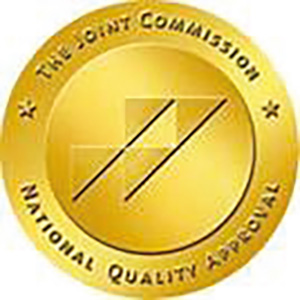
Jews are among the 40 million Americans struggling with substance addiction. What makes diagnosis and treatment challenging are the myths—the most pervasive being that addiction is not a Jewish issue—and the stigma leading many Jews to hide their abuse and not seek recovery. Studies and data from treatment providers reveal that Jewish individuals are as likely to be impacted by addictions as other ethnic groups in the U.S.
Drug use has been exacerbated in the Jewish community, like all other groups, due to the COVID-19 pandemic. A UJA-Federation of New York survey on the impact of COVID-19 on Jews in New York City and its suburbs found that 10% of Jewish households reported a substance abuse problem. Nine out of 10 of those households said they were not seeking help for the problem. Results from a research study published in the Journal of Addiction indicate that more than 20% of Jews with a substance use disorder have a history of addiction in their family. Given the alarming CDC (Centers for Disease Control and Prevention) statistics—107,375 Americans died of drug overdoses in 2021, the highest number ever recorded—there is an urgent need to educate the Jewish community about the greatest public health crisis of the young generation.
The myth existent across Jewish communities that Jews cannot have addictions has also prevented alcoholics from seeking or accepting appropriate help. The long legacy of denial among Jews has resulted in unnecessary pain and alienation from Judaism by those suffering from alcohol addiction. In the past, some Jews tried to turn to what’s available: Alcoholics and Narcotics Anonymous meetings. However, since many AA and NA meetings take place in church basements or contain Christian liturgy, many Jews feel unwelcome or uncomfortable.
Considering all these unique factors, the programs at Recovery at the Crossroads (RAC) have been designed to offer kosher rehabilitation and addiction treatment services. RAC offers both extended care and out-patient facilities that serve Jews from a range of backgrounds. Families play a large role in recovery: In religious Jewish communities, the typically large families are an asset because the person who is struggling with addiction has a bigger support network.

The clinical outreach manager at RAC, Nate Nagelblatt, LCSW, has worked successfully with many Jewish clients. He said: “Jewish clients who enter in recovery very quickly gravitate towards the tenets of recovery in 12 steps. Self-improvement is not a foreign concept; it is often talked about in the culture and community.” He added, “When Jewish clients come to the room, they can discuss ideas like self-reflection, making amends, asking for forgiveness and taking personal responsibility. Jewish clients gravitate towards fulfilling life in recovery, turning around their lives and the lives of everyone around them.”
If you are seeking recovery for yourself or your loved one, call RAC at 856-644-6929 or visit us at www.kosherrecovery.org.
Sources:
https://www.ncbi.nlm.nih.gov/pmc/articles/PMC4487707/
By Recovery Staff













